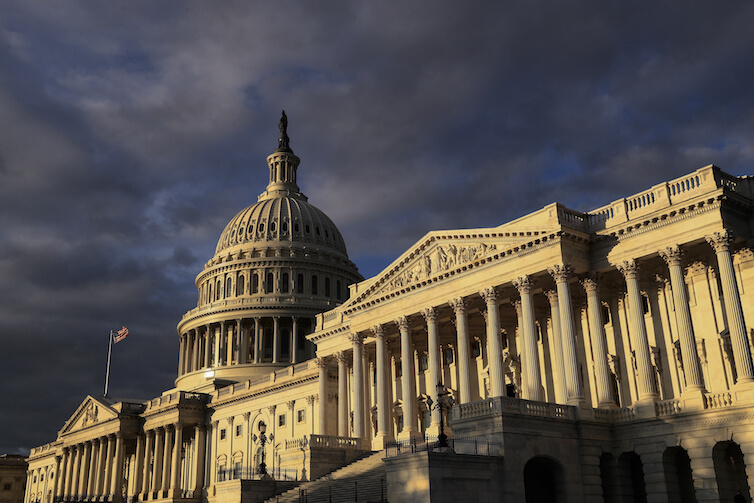The blueprint for a perpetual wealth machine for the very richest U.S. families

Death and taxes are supposed to be certainties in life, but if a proposed change to the U.S. tax code becomes law, then one of them will fall by the wayside for the heirs of the very wealthiest families in the United States. The recently introduced Tax Cuts and Jobs Act, now under consideration by the U.S. House of Representatives, would eventually eliminate the estate tax for these families, paving the way for these parents to pass on their wealth to their children. But this is only part of the story. By retaining the current method of valuing how much in taxes these heirs must pay when they sell inherited assets, the proposed bill would create a pathway for families at the very pinnacle of wealth to turn themselves into self-sustaining dynasties.
The definition of “basis” isn’t a particularly tantalizing topic, but it’s a critical one when it comes to the taxation of capital income under current law. The basis determines the starting point for the calculation of capital gains that get taxed. When a person buys a stock, for example, the price paid for that share is the “basis.” The difference between the basis and the price at which the person then sells the stock is the income on which he or she will pay taxes.
When a person passes along an asset to his or her heirs at death, the basis changes. The capital gain the heirs would have to pay gets calculated from the value of the asset when it’s passed on to them. Say a person buys a share of company at $10, never sells the share, and then dies when the share is at $100. The appreciation of the share from $10 to $100 results in $90 of income. But when the share is transferred over to the heirs, the basis changes to $100. This is known as the “stepped-up basis.” If the heirs ever sell that share, then they only have to pay taxes on the gains above $100. The $90 in income from the initial appreciation never gets taxed.
The estate tax currently serves as a backstop for all of this untaxed income for the very wealthiest families in the United States—estates of up to $5.5 million per person—when they die. But if the estate tax disappears, as it would under the Tax Cuts and Jobs Act, then an enormous perpetual wealth machine would be created specifically for these already exceedingly wealthy families. Their heirs could just hold onto the inherited assets, and the passing of each generation would wipe out the tax liability due from the income generated by appreciating assets. The heirs and the heirs of the heirs would only pay taxes if and when they sell the assets.
But why would any of them sell the assets? People will, of course, want to eventually consume goods and services, so they need access to cash. But these families could get cash in other ways such as taking out loans against the value of the assets. Assuming the rate of return on the assets is high enough, the income from the assets could finance quite a nice lifestyle for quite some time, supplemented (perhaps) by an occasional asset sale or earnings from a job. This looks like the blueprint for a perpetual wealth machine.
This transfer of wealth across generations could have significant consequences on wealth inequality and mobility—all to “reward” children who happen to be born into immensely rich parents. What’s the benefit for all the other Americans of creating dynastic wealth for the few?

